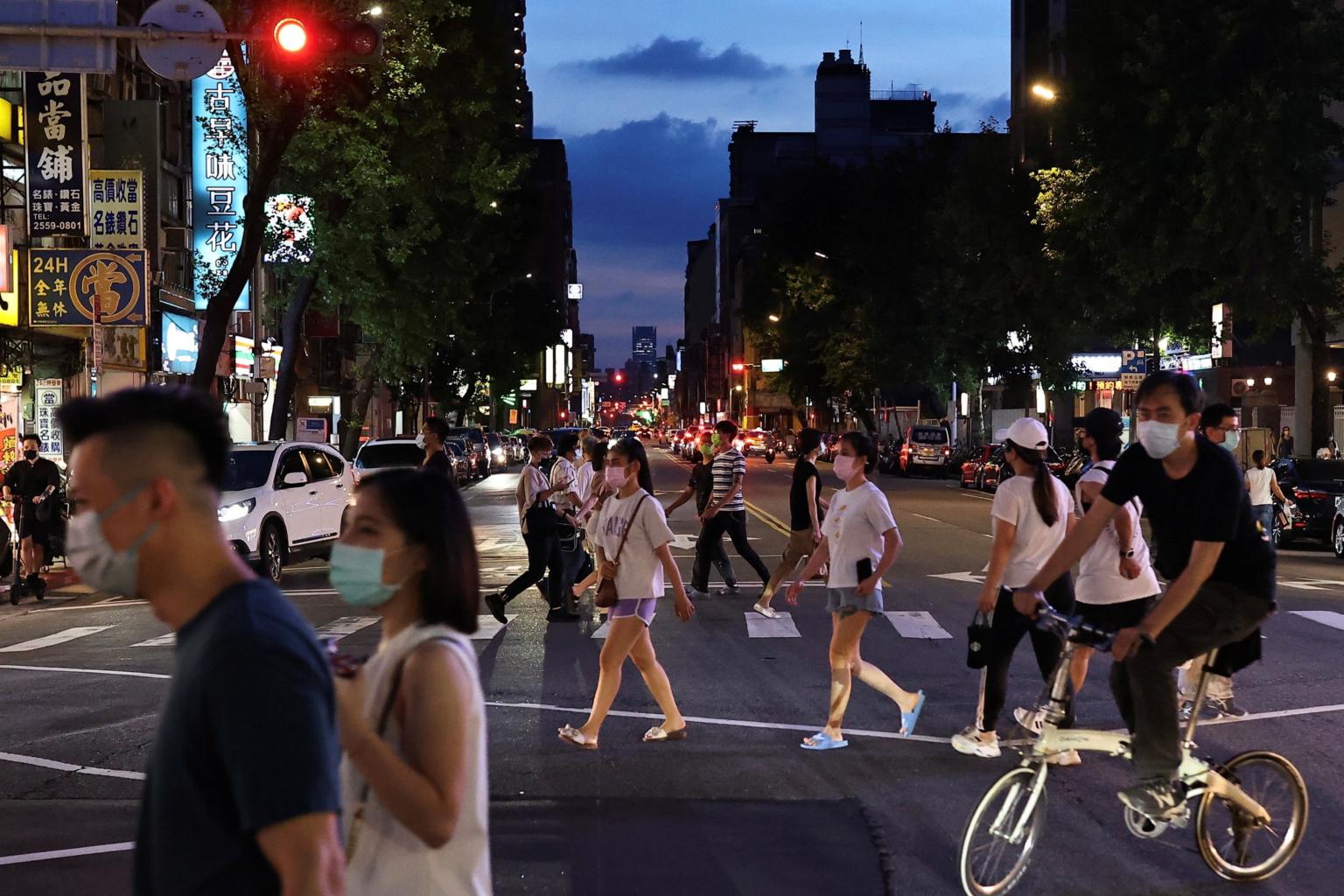Taiwan aims to ease residency rules for people fleeing Hong Kong
Sign up now: Get insights on Asia's fast-moving developments

The new rules could take effect as soon as early next year.
PHOTO: REUTERS
Follow topic:
TAIPEI (BLOOMBERG) - Taipei plans to make it easier for people from Hong Kong to stay in Taiwan, the latest show of support for those fleeing a government crackdown on dissent in the Asian financial hub.
Officials plan to allow people from Hong Kong and Macau who are studying and working in Taiwan to extend their residence permits for up to one year while job seeking, according to draft amendments posted on the Ministry of the Interior's website Tuesday (Sept 28).
The new rules, which also make it easier for students to gain permanent residency after completing advanced degrees in Taiwan, could take effect as soon as early next year.
The proposals come as the Hong Kong authorities expand their crackdown on dissent to trade unions, charities, filmmakers and professional associations - including for journalists - that engage in what the government deems "political" activities.
Taipei's move is likely to elicit an angry response from the Chinese government, which has long criticized Taiwanese support for Hong Kong's pro-democracy camp as interference in its attempts to quell unrest in the city.
Alongside the UK, Taiwan has become a favored destination for Hong Kong residents seeking a new life. A record 10,800 Hong Kong residents relocated to Taiwan last year, and 6,150 gained residency in the democratically-ruled island between January and August this year, according to data from the National Immigration Agency.
Hong Kong closed its representative office in Taipei in May and has all but shut down Taiwan's office in the former British colony. While President Tsai Ing-wen has been a vocal advocate of the protesters, her government has come in for criticism from activists who say people from Hong Kong still face too many administrative hurdles to finding work and living in Taiwan long-term.
A national security law imposed on Hong Kong by Beijing last June prohibits subversion, terrorism, secession and "collusion" with foreign forces. While China has said the law was necessary to restore stability after the mass protests of 2019, foreign governments claim the legislation has been used to target democracy activists and is eroding freedoms Beijing pledged to maintain after the 1997 handover from British rule.

